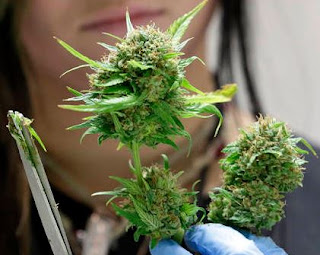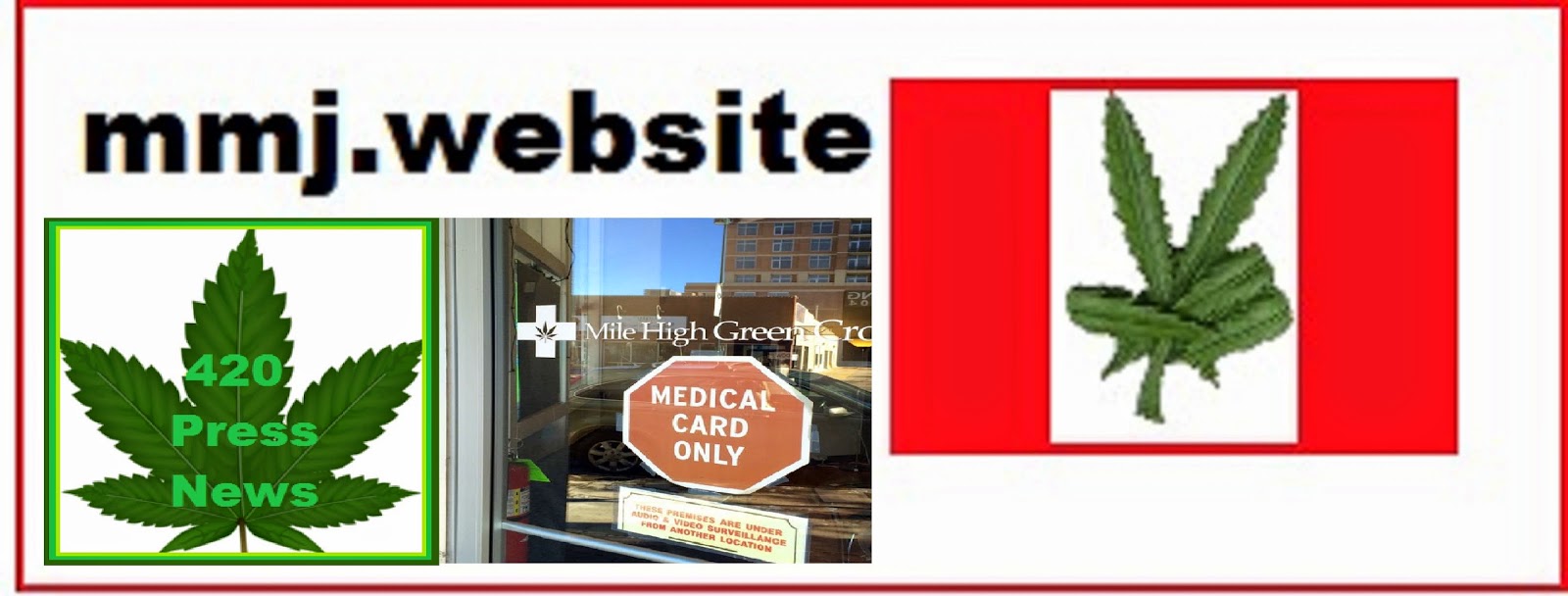We Joke About It In The 80s The World’s First Cannabis Inhaler
We Joke About It In The 80s and now behold the Cannabis Inhaler Cannabis consumption methods are evolving. Not only are the numbers of cannabis supporters going up, but creative innovators around the globe are developing new ideas left and right. From vaporizers to wax, there are now many ways to get high. If you thought you’ve seen it all, though, think again. Now the world has the first-ever cannabis inhaler that goes by the name of Vapen Clear, and there’s nothing else like it. The Vapen Clear looks exactly like your typical inhaler. It acts the same too, but without the albuterol. The Vapen Clear releases the good stuff, aka THC. It packs a powerful 10mg expenditure per puff, which equals to 100 total puffs per cartridge. Unlike your standard vaporizer pen, the Vapen Clear doesn’t heat the THC. Rather, it uses a propellant to blast the medicine directly inside your lungs. Not only is the Vapen Clear the first of its kind, but it also comes in three different designs based on your favorite strain. For example, the “Daytime” inhaler comes with THC from a Sativa strain, because a Sativa produces energy. In like manner, there is the “Nighttime” inhaler that comes with an indica strain to provide a more mellow and chill effect. Then there’s the “Afternoon” inhaler, which provides a steady buzz from a hybrid of the two. The Vapen Clear inhaler comes with its own unique benefits. One of them is its discreetness. When people see an inhaler, they think asthma, not cannabis. Therefore, the chances of someone accusing you of medicating are slim. While many cannabis consumption methods leave a strong odor behind, the Vapen Clear has virtually no smell. Again, the product doesn’t heat the oil, unlike other vaporizers. Speaking of handy, the size of the Vapen Clear inhaler is another plus. In fact, it’s so small that you can carry it with you wherever you go. Whether you slide it into your pocket or drop it into your purse, it’s easy to take. Not to mention, you don’t have to worry about lugging batteries and lighters along with it. So if you are a cannabis connoisseur who stays on-the-go, this product is perfect for you. At present, the Vapen Clear inhaler is only available in Arizona at select centers. If you happen to be an Arizona resident or plan on making the trip, you can find a store using their website’s map. However, if you want one but cannot get it just yet, not to worry. Soon, However, if you want one but cannot get it just yet, not to worry. Soon, Vapen products will be available in California, Colorado, Nevada, Oregon, and Washington.















